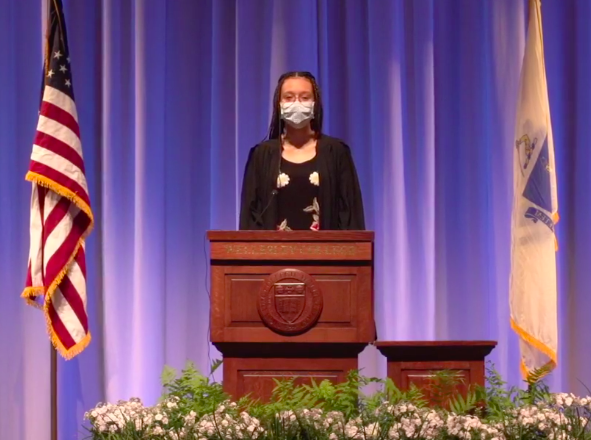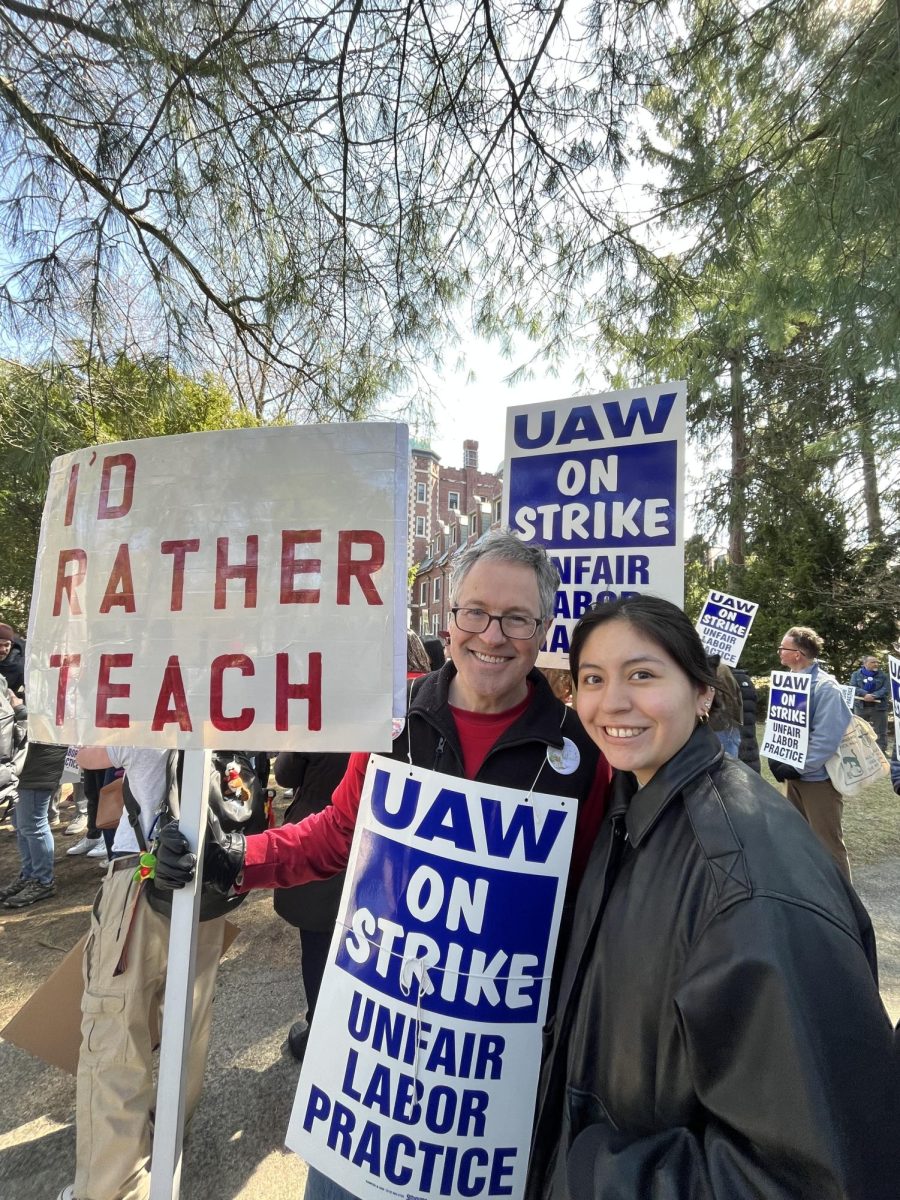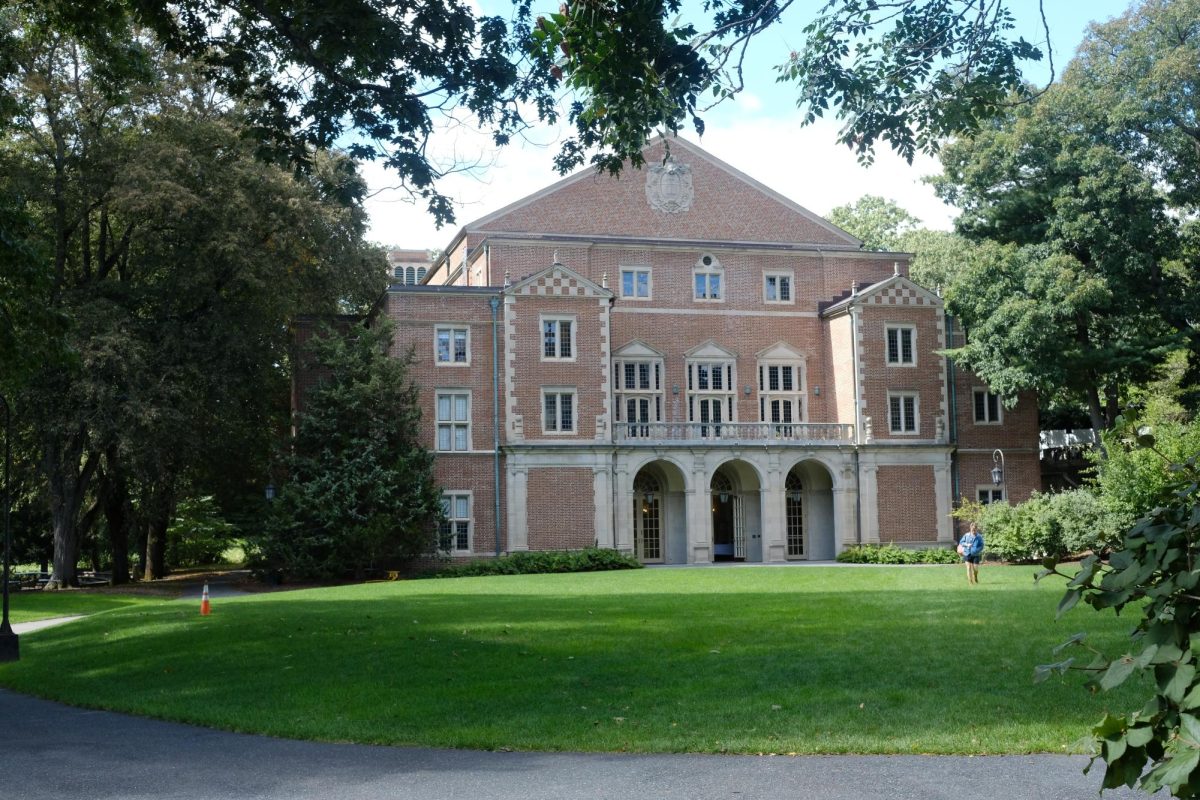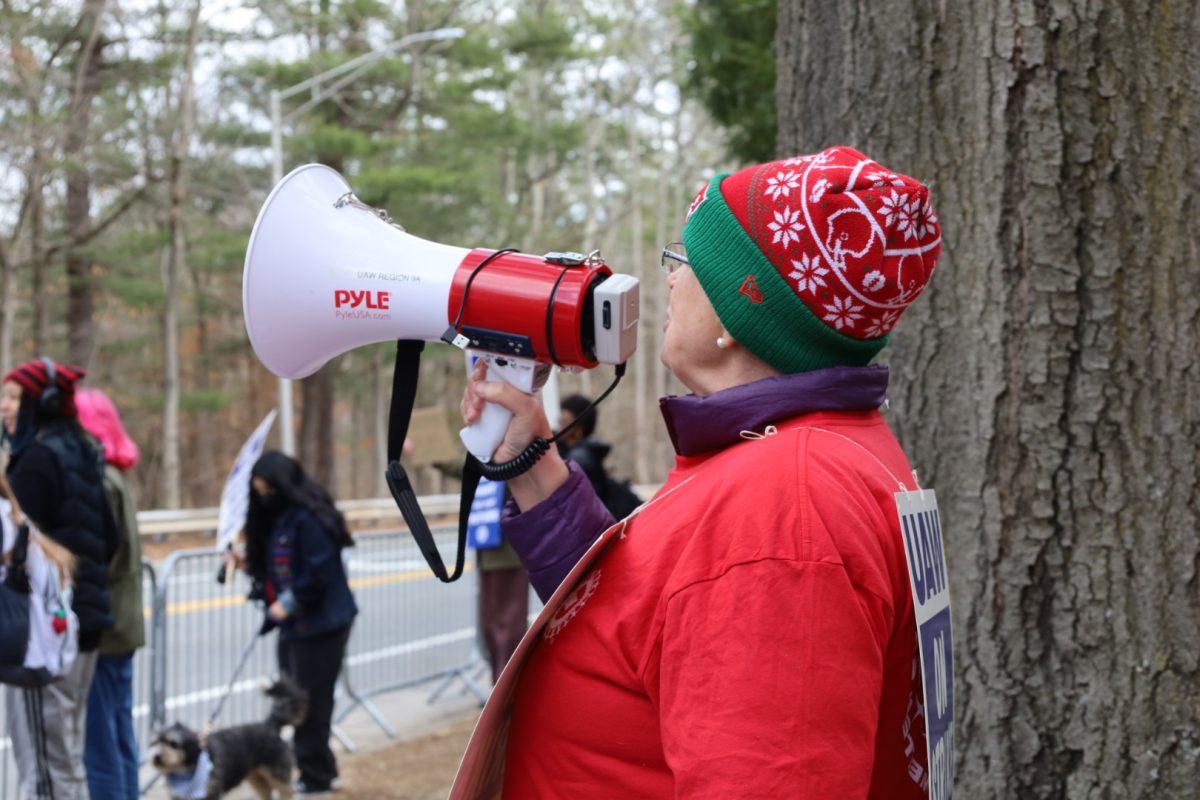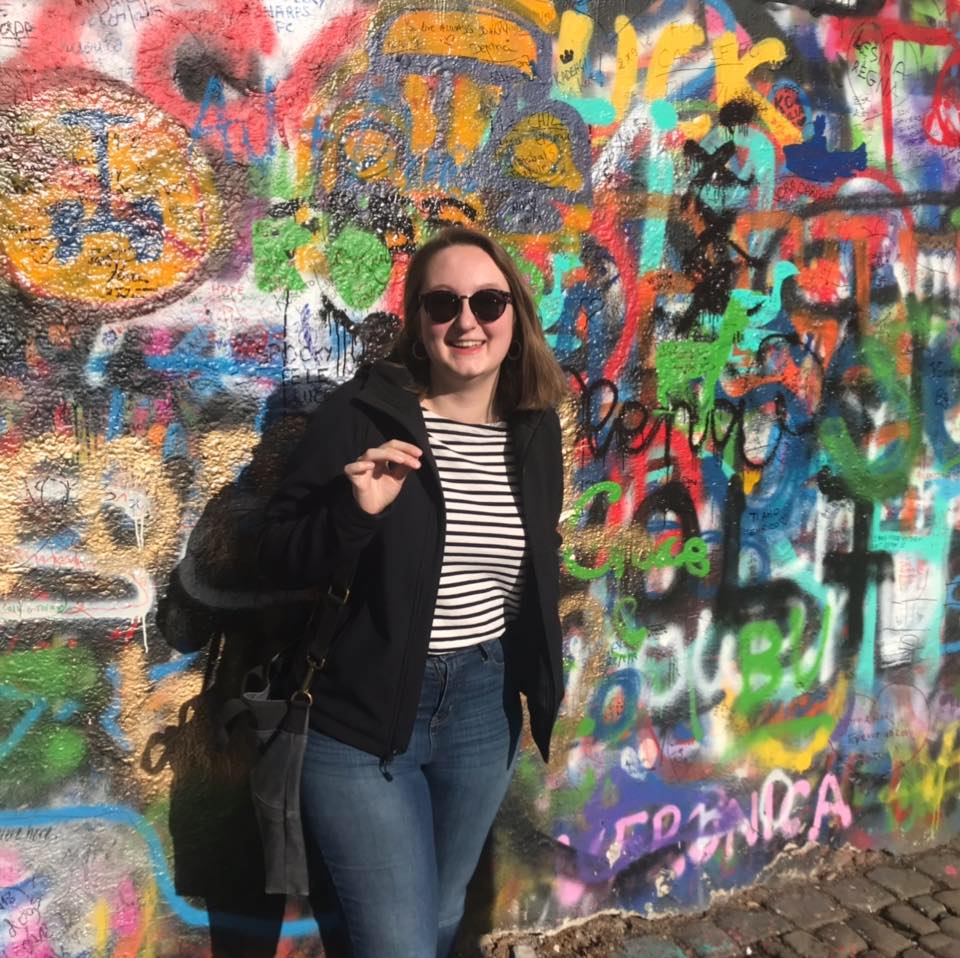Editor’s note: this column is adapted from College Government President Tatiana Ivy Moise’s convocation speech. It has been lightly edited for length and clarity.
My name is Tatiana Ivy Moise, and I am honored to be Wellesley’s College Government President this year. I would first like to acknowledge that we are all here today as a part of Wellesley College, which is located on the ancestral and unceded lands of the Massachusett and Wampanoag peoples. I recognize the continuing presence of these Indigenous peoples, and pay respect to past and present Indigenous elders as well.
In addition, I am taking this moment to acknowledge the history of slavery and the exploitation of Black people in the United States, and their connections to the building and maintaining of institutions of higher education, including our own. To publicly recognize these things is imperative as only the first step in understanding that colonialism and exploitation have not been left in our past. Rather, they are ongoing processes, and we must be mindful in actively working against our participation in them.
We are fortunate enough to be here today to celebrate the beginning of this new academic year, but allow me to take a moment to reflect on what I have learned in the five months since we were last all together on campus. My hope is that sharing these thoughts will inspire you, and offer you some things to consider as we move forward into the fall. In 1972, during the 139th meeting of the American Association for the Advancement of Science, Scientist Edward Norton Lorenz proposed a question: “Does the flap of a butterfly’s wings in Brazil set off a tornado in Texas?” Now, Dr. Lorenz was a renowned mathematician and meteorologist. I, on the other hand, took my lab distribution requirement during our first year, first semester specifically, for the shadow grading, and I consider myself the furthest thing from a STEM major. But his butterfly effect still fascinates me nonetheless!
Applying the butterfly effect more broadly than to mathematically predict weather patterns as Dr. Lorenz intended allows us to recognize the impact of each of our individual actions, and puts into perspective just how meaningful everything we do can truly be. Wellesley’s mission is to provide an excellent liberal arts education to students who will make a difference in the world. And to be honest, I used to be really afraid of that mission statement. Like most 18-year-old First-year students, I entered Wellesley unsure of my role in this big world full of possibilities. And like most other 21-year-old seniors with one year left before graduating, I still am. What differences will I make in this world? What will my impact be?
Some of us will be the first in our families to attend or graduate from college. Some of us will follow our creative passions, express ourselves through the arts and inspire others to do the same. Some of us will teach the next generation how to love learning, how to love themselves and how to love each other. Some of us will create and develop the cures to the world’s most devastating diseases. Some of us will protest, organize and spark revolutions. So I have come to realize that the “differences in the world” all Wellesley students are destined to make will range in size, but none will be any more or less significant. All of us are butterflies, with our own magnificent and one-of-a-kind set of wings. What will the flap of yours set off?
This summer, I have realized that everything we have seen in the year of 2020 has revolved around one central theme: the only constant is change. And coming to that realization has brought me so much peace. If things never really stop changing, then I, and you, and all of us, have yet to see our darkest hours. But we have also yet to see our brightest days. The sun will keep rising over “East Side, Beast Side” and will keep setting over “West Side, Best Side.” Wellesley will have in-person LDOC concerts, Senates, Marmons and commencements again. Together, we will laugh again and cry again. And one day, we will hug again. So tell people you love them today, because you may not be able to tell them tomorrow. And if you are able to tell them you love them tomorrow, then simply tell them again. Like noticing the cracks in the Tower steps, find the beauty in the broken. Like making the perfect cup of coffee that gets you through writing your last final paper, find the magic in the mundane. The discovery of both can be the inspiration you need for your wings to set off a tornado. Thank you for listening, and for joining me in the next year. It can only be what we make of it.

